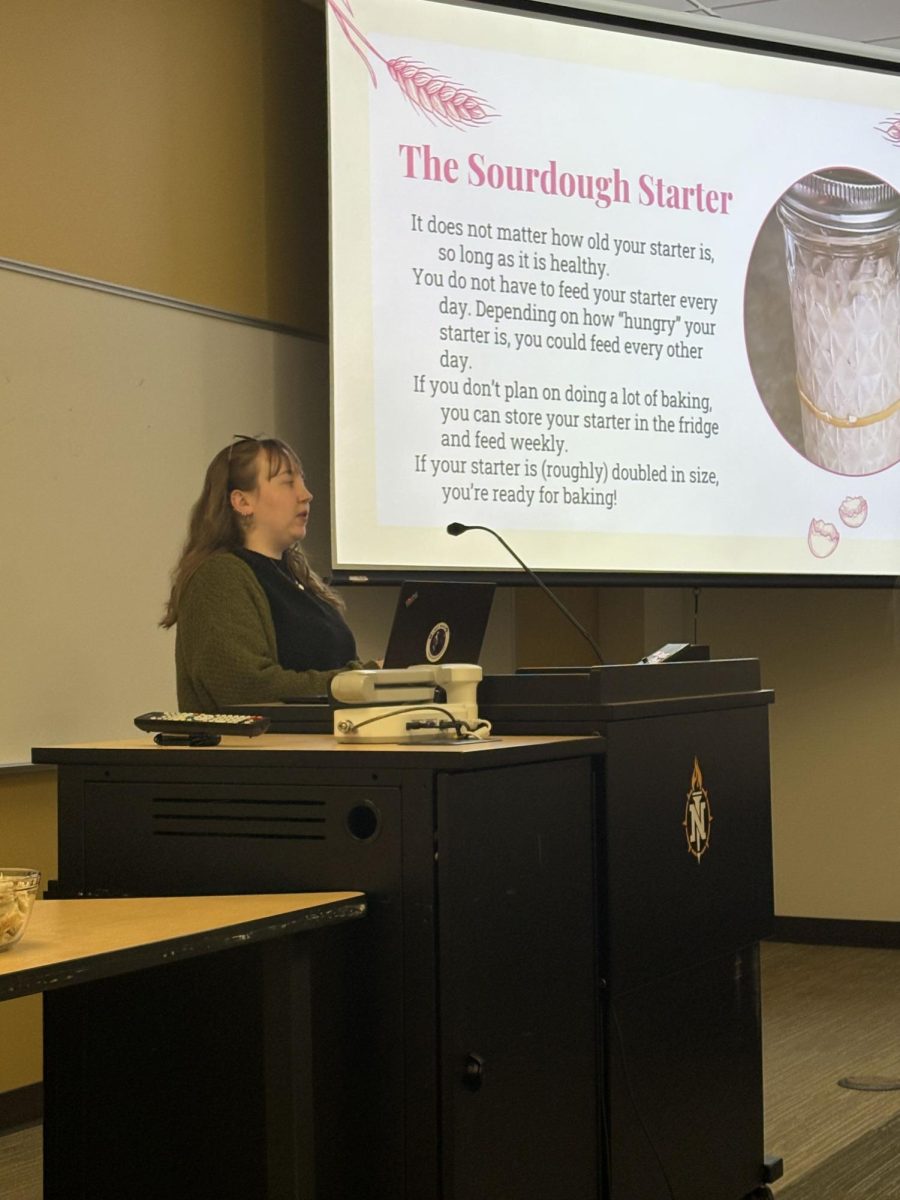Before going off to college my freshman year, I had several people tell me that I shouldn’t feel bad if I packed on a few pounds. The dreaded “Freshman 15” is the weight gain that is perceived to come with the newfound lifestyle of a college freshman.
During my first semester of college, I found myself doing everything except eating, especially meals. I’d snack here and there in between classes, but mainly I’d end up going to bed hungry. I had no sense of time management and didn’t have my mom throwing a piece of toast at me as I flew out the door, books in hand. By the end of my freshman year, I had lost at least 15 pounds.
So where did that extra weight that I was supposed to put on go? A new study done by Ohio State University actually reveals that the “Freshman 15” is a myth. The study found that only 10 percent of students actually gain 15 pounds or more and most students only gain between two to five pounds. The study also found that a quarter of the freshmen studied had actually lost weight.
Instead of focusing on not gaining or even losing weight, college students, especially freshmen, should be more concerned about fitting meals into their busy schedule and starting something that resembles a healthy eating style. Developing unhealthy eating habits in an attempt to combat gaining 15 pounds can be detrimental to health in the long run. Often times, these habits are hard to break after college.
I’m not saying that you have to stay away from that pepperoni pizza that you can finally eat without your mom harping over your shoulder. I’m just saying that figuring out what kinds of foods your body needs is important.
Lack of food equals lack of energy. Add sleepless nights, stress from homework and a day filled with classes to the mix and energy is going to be depleted altogether. I remember wondering why I was always so tired and unmotivated my freshman year.
Now I realize that if I made the time and effort into finding more than a bagel from Starbucks for dinner, I would’ve probably done a lot better in classes, had more energy to do fun things and would’ve been able to maintain my weight. During that time, I had developed poor eating habits, including skipping meals and binge eating when I went home over weekends or holidays.
According to Mohey Mowafy, an NMU professor in health promotion, skipping meals is the worst thing a person, especially a young adult, can do. Mowafy suggests eating fresh food instead of packaged products. Reading labels doesn’t ensure healthy habits, despite popular belief.
“Just because it has a label on it doesn’t mean it’s healthy,” Mowafy said.
Having a full day of classes and copious amounts of homework can lead to zero time for food, but according to Mowafy, even a handful of peanuts while walking out the door is better than skipping a meal altogether. Nuts are easy to store in dorms, don’t spoil quickly and can be packed full of good stuff.
One of the main things Mowafy advises is something that has been ingrained in our minds since we were young: eat breakfast because it’s the most important meal. I know for me, it’s one of those meals that is so easy to skip, but it’s incredibly important. Breakfast jump-starts energy early in the morning and works to sustain us until we can get that next meal.
Snacks in general during the day can also be helpful in maintaining an eating schedule that works. Don’t have time for a full lunch? Grab a baggie of grapes or an apple for a midday snack until time can be made for lunch. Fruit is always an energizer for me, and it’s healthier than a bag of chips.
Freshman year of college is a unique experience and students really shouldn’t be concerned about gaining that mythical 15 pounds. It should be filled with new experiences, a change in life styles, and figuring out who you really are. Don’t let the ploy of the “Freshman 15” get in the way of creating a somewhat balanced, workable diet into your initial semesters.

























